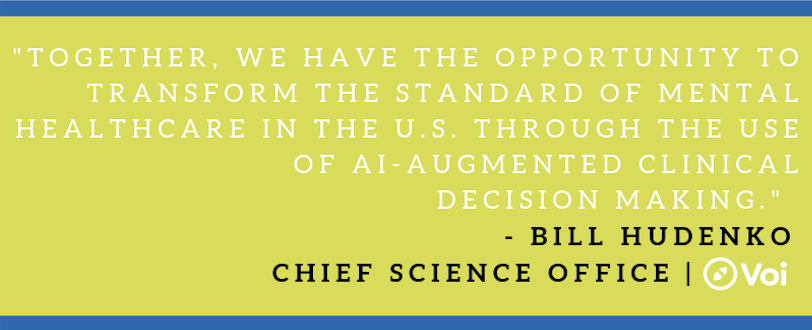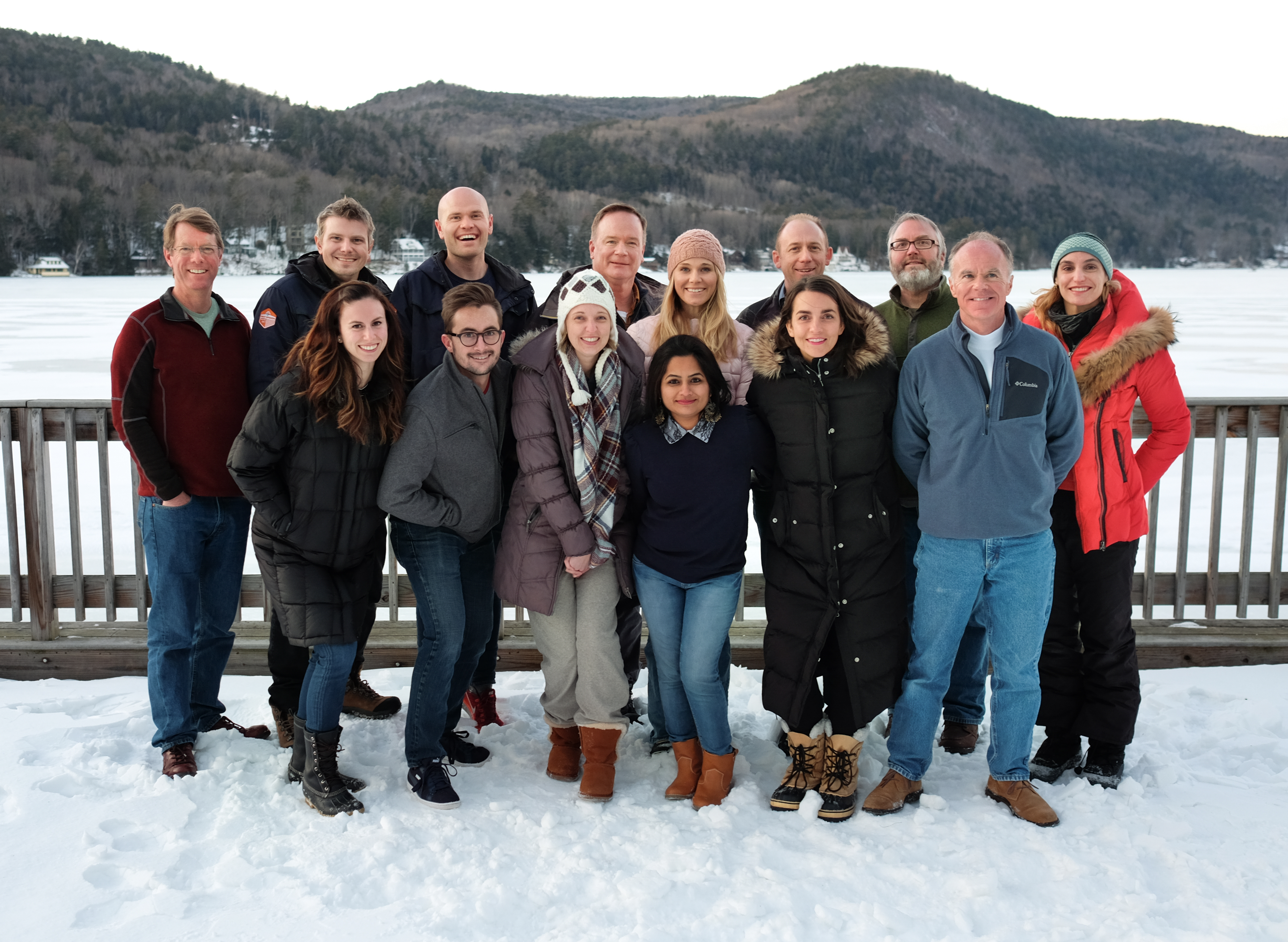What’s Working: Suicide Detection and Prevention With Voi
By True Ventures, October 10, 2018
Today, on World Mental Health Day, we’d like to draw attention to a company within the True portfolio that is making great strides in helping with suicide detection and prevention. Not only is the team’s mission of considerable societal value, but it is also timely and definitive of how venture capital can be used for good.
The Centers for Disease Control and Prevention reported that suicide rates increased across the United States by more than 30 percent since 1999. And while the string of celebrities recently lost to suicide has drawn national attention to the health crisis, detecting suicide risk is an irrefutably difficult challenge.
In 2014, we announced our investment in First Opinion, an app that allows its users to chat with doctors 24/7 when they have health concerns. In December 2017, the company announced the creation of Voi, a business unit meant to help detect and prevent suicide using empirically-validated solutions that address the needs of those at risk.
Voi makes two flagship products. Voi Detect is an app for imminent suicide risk detection and assessment that replicates expert psychiatric judgement. Voi Reach creates an in-app social space that leverages the power of trusted relationships to provide support and educational resources to people with mental health conditions and those who care for them.
Voi Chief Science Officer Bill Hudenko has led the company’s use of behavioral science in building and improving these products. He is a licensed psychologist, assistant professor at Dartmouth College, and continues his research work focused on understanding the use of technology to improve the delivery of mental healthcare. He is also the former CEO of Incente, which was acquired by Voi in order to advance its behavioral health technology, leading to the development of Voi Reach.
We interviewed Hudenko to learn more about innovation in this field along with what exactly the role of chief science officer entails as more startups hire in-house academics and scientists to lead their research and inform product development.

True Ventures: Let’s start from the top. What does your role entail?
Bill Hudenko: As the Chief Science Officer at Voi, I’m responsible for all internal and external research activities. This role touches a number of different departments. I assist with marketing to ensure that our product claims are backed by scientific evidence, collaborate with other researchers whose science guides our product, and establish research partnerships with colleagues at other universities to test our software.
I also work closely with the product development team, particularly on Voi Reach because of my own work on telehealth and natural support networks. I’m also involved in sales due to my familiarity with clinicians and ability to answer product-related questions.
True: What are some of the challenges of suicide risk assessment?
BH: I believe one of the greatest challenges of suicide risk assessment is accurately identifying individuals who are at near-term (within 72 hours) risk for suicide. We have decades of data that help us to identify long-term risk factors such as gender, prior attempts, age, etc. However, there has been little progress in the past 50 years in the field of near-term risk assessment because of the multitude of factors that contribute to the actions of someone who makes a suicide attempt.
Through Voi Detect, we now have the capability to more accurately assess near-term risk and, better yet, the scoring algorithm allows us to increase our predictive accuracy over time through machine learning. I think this is a game changer that has the potential to save thousands of lives each year.
True: Why is suicide prevention such a challenging problem?
BH: Suicide prevention is particularly challenging because many individuals who are at greatest risk don’t reach out for help. Regardless of prevalent and available crisis lines, national rates of suicide are increasing.
With Voi Reach, we have created the first AI-driven technology to predict and prevent suicide by reaching out to individuals before it’s too late. We also provide the capability to support at-risk individuals through encouraging contact with their natural support network within the app. To my knowledge, no other tool has these capabilities.
True: Your current research focuses on understanding the use of technology to improve the delivery of mental healthcare. Tell us more.
BH: I’m involved in a variety of research projects focused on enhancing treatment for mental health. For example, I’m working with researchers at the University of Florida to augment the capabilities of Voi Reach to improve transitional services for foster youth who age out of care in the state of New Hampshire. I’m also excited about emerging work with a colleague at Harvard University on the use of Voi Reach to improve post-discharge care for suicidal patients.
True: If an entrepreneur is looking to recruit a chief science officer with an academic or clinical background to work at their startup, where should they start?
BH: I have noticed a significant trend of clinicians or professors becoming more involved in startups. Despite this trend, I would warn startups to be judicious when choosing a chief science officer. It is the role of a CSO to provide credibility and expert guidance around the science of the product. Though many in academia possess credibility, there are two main difficulties associated with providing “expert” help to the company.
First, many professors don’t recognize the significant time commitment associated with providing meaningful guidance. Consequently, both companies and academics can be left feeling as if expectations are unmet.
Second, most professors don’t have a background in business. This lack of familiarity with the business world makes it a continual struggle for the company to indoctrinate the academic to a different way of thinking and adjust from the pace of academia to that of startups.
To find a talented CSO, I would suggest searching for academics who already have experience in business and who may be seeking an entrepreneurial experience following an already successful academic career. These academics can often be found through on-campus accelerators or incubators that are intended to promote innovation and connections with industry.
True: What made you most excited to be a part of a startup? Why Voi, and why now?
BH: I’ve found that the startup world provides an exciting opportunity to test ideas and allows for an unprecedented ability to rapidly pivot as you learn more information about product-market fit. For me, this is an ideal environment in which to explore the possibility of modernizing the field of mental health.
By all standards, access to mental health treatment is severely limited in the U.S., and I think we have a tremendous opportunity to extend the reach and quality of mental health through the use of technology. I chose to work with Voi because the company’s strong background in artificial intelligence was a natural marriage with my work in combining technology and behavioral healthcare.

Together, we have the opportunity to transform the standard of mental healthcare in the U.S. through the use of AI-augmented clinical decision making. Furthermore, the Voi team is an incredible group of professionals with highly successful backgrounds. It has truly been a pleasure to work with and learn from each of them.

The Voi team at an off-site last winter at Lake Morey in Fairlee, Vermont.
True: What’s next for Voi?
BH: We’re excited to share that we recently secured statewide implementation of our software in Montana. This is critical because Montana currently has one of the highest suicide rates in the country.
We were also selected as one of five Department of Defense presenters at Defense TechConnect, the DoD’s innovation conference, and we are actively pursuing a partnership with the VA (Veterans Affairs).
In recent months, we gained great traction in the educational market, too, as universities recognize the role Voi Detect and Voi Reach can play in keeping students safe.
![]()

